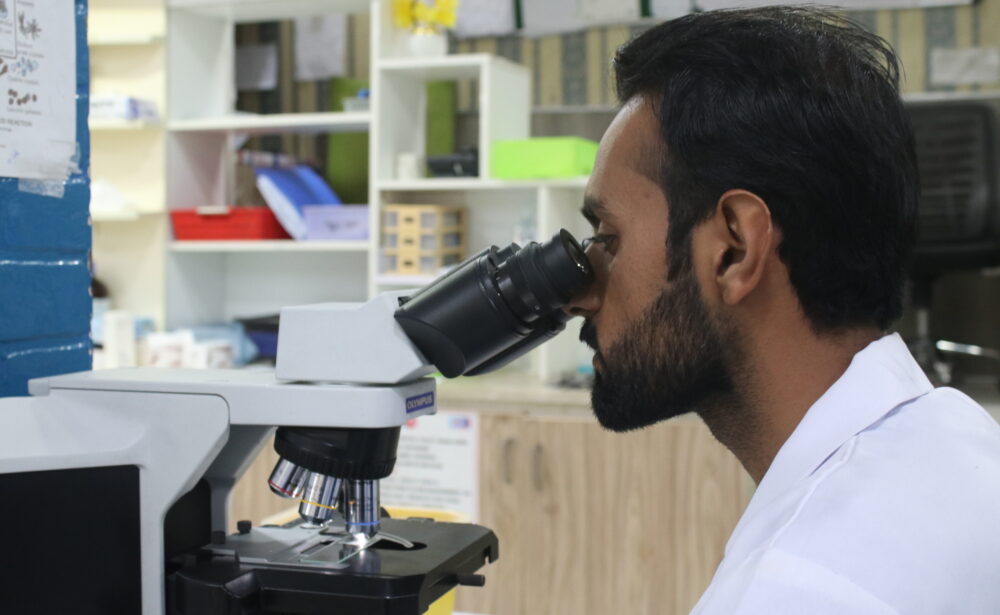Parasitology – Detecting Parasitic Infections at CDC
The Parasitology Lab at CDC specializes in detecting and diagnosing parasitic infections.
We perform microscopy, antigen detection, and molecular testing for precise identification.
Common parasites detected include malaria, giardia, tapeworms, and intestinal worms.
Testing helps in diagnosing waterborne infections, vector-borne diseases, and tropical infections. Our lab ensures highly accurate parasite detection using state-of-the-art technology. Early parasite detection prevents severe health complications and ensures timely treatment. CDC provides comprehensive parasite testing with expert consultation. Trust CDC for reliable and precise parasitology diagnostics.
Detects Various Parasitic Infections
Rapid & Accurate Microscopic Testing
Essential for Travel & Tropical Disease Screening
Benefits of Parasitology Research
Parasitology research improves early detection and control of parasitic diseases. It helps in public health monitoring and tropical disease prevention. Supports development of anti-parasitic medications. Reduces the spread of waterborne and vector-borne infections.
- Detects Parasitic Diseases Quickly
- Helps in Tropical Disease Prevention
- Supports Public Health Research
- Uses Advanced Microscopic & Molecular Methods
Frequently Asked Questions (FAQs)
It detects intestinal parasites, blood-borne parasites, and tropical diseases.
Through stool, blood, and antigen detection tests.
Symptoms include digestive issues, fever, fatigue, and skin rashes.
Most parasitology test results are ready within 24-72 hours.
CDC offers accurate testing, expert consultation, and reliable infection diagnosis.

